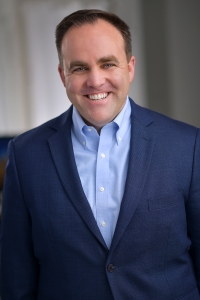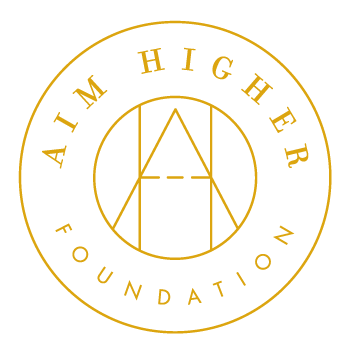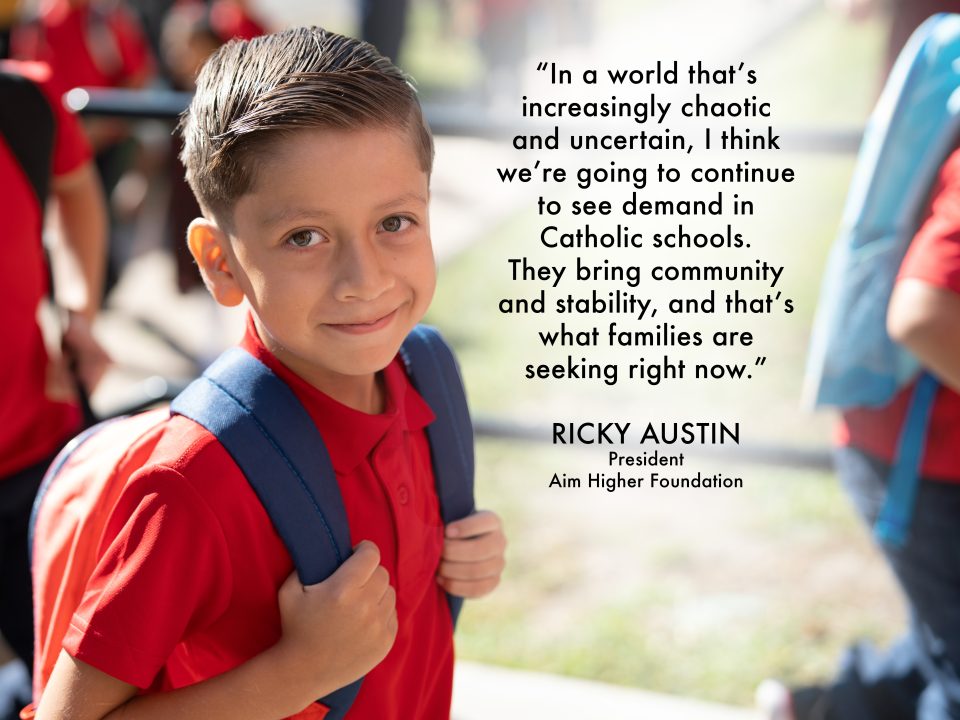
Owen’s Story
July 26, 2023
Aim Higher Scholars Come Together to Celebrate Back to School
August 22, 2023Our Future is Dependent on an Educated Populace
You might have missed an important national conversation happening earlier this week. In fact, I would bet on it. I’ve perused major outlets like the Wall Street Journal and New York Times, as well as more niche locations like Education Week and Chalkbeat. I can’t find it anywhere. And I think we should talk about that.

Ricky Austin serves as President of the Aim Higher Foundation
The news I’m referring to is the reporting on (or lack of reporting on) a congressional hearing regarding generational learning loss caused by the closing of schools during the pandemic. This week, the US House Subcommittee on Elementary and Secondary Education brought together experts from across the country to report on why and how students recorded unprecedented declines in math and significant declines in reading nationally between 2019 and 2022. They came together to discuss what led to $190 billion being spent on interventions that didn’t work and what we can do about it all now.
The conversation should have been front page news in every outlet. Our country is currently home to millions of children who can’t read and who can’t do math at grade level. And we don’t have a comprehensive plan to fix it. One of those testifying at the congressional gathering called this out.
“This is the biggest domestic policy tragedy and failure of our lifetime,” said Derrell Bradford, President of 50CAN, an education advocacy organization.
It behooves us all to keep this story front and center in our collective consciousness. The future strength of our communities and our country is dependent on an educated populace, and it seems we’re at risk of moving in the wrong direction. But as Derrell pointed out, “There is some good news… because I do think we need to be solutions oriented.”
“We do need to look at the country’s Catholic schools,” he said, “particularly urban Catholic schools. They gave the proof in many cases that it was safe to open schools safely. I think we owe them a debt of gratitude. And they should be part of the solution in the future.”
I couldn’t agree more. And so, it seems, do many parents. At the Aim Higher Foundation, we continue to see increasing demand for K-8 Catholic schools. Parents want their children to experience not only Catholic schools’ ability to fulfill the fundamentals of education—reading and math— effectively, but they also yearn for transformational character formation and values-based benefits. In the first application period for our 2023-2024 tuition-assistance scholarships, we saw a nearly 10% increase in applicants. Our summer application, which is open until August 11, is on track to continue that trend.
In the Twin Cities, the Aim Higher Foundation is the only source of K-8 financial aid scholarships at scale, serving students at every single Catholic school in the 12 county metro area. And parents, many of them who can’t afford the full cost of tuition, need our help.
By responding to Derrell’s challenge to ensure Catholic schools are a vital part of the solution to this crisis—by making Catholic schools more accessible and by proclaiming the Catholic school story—we can make a meaningful impact not only in the lives of those students, but on their families , our communities, and the future of our country as well.
Ricky Austin is the President of the Aim Higher Foundation. He has served the Foundation in a variety of roles since 2017.




